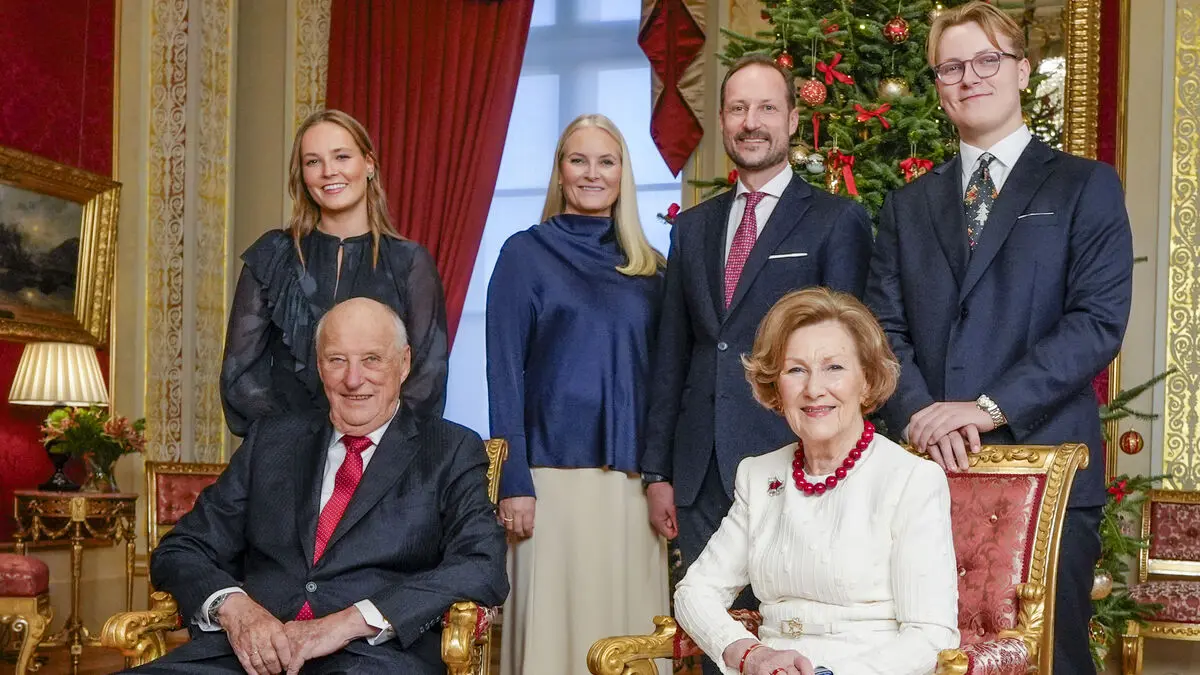It appears when the government is now presenting its proposal for a new law and new guidelines for public service, which will apply for the next eight years. The law and guidelines are a result of the public service committee's investigation, which was submitted in May 2024.
The financing was already then a contentious issue.
The committee could not agree and all opposition parties reserved themselves against the proposal submitted by the investigator and former KD leader Göran Hägglund. SVT and SR warned of far-reaching consequences with fewer journalists and fewer programs.
Criticism of financing
But the governing parties are in agreement and are now taking the proposal further. Instead of an annual increase of 2 percent as today, the companies will get a 3 percent increase in 2026, followed by a 2 percent annual increase from 2027-2030 and 1 percent from 2031-2033.
Culture Minister Parisa Liljestrand (M) emphasizes that it is still an increase.
In total, this will mean that the public service companies will receive almost 83 billion over eight years, and that is something more than what they would have gotten if they had retained the current model, she.
The SD would have preferred to see even less money for the companies.
The opposition is simultaneously still critical and believes that larger increases were needed, not least against the background of more expensive technology and extra costs for security and preparedness.
SR's CEO Cilla Benkö says that there is a shortage of more than three billion kronor for the next eight years.
New text requirements
The governing parties are also tightening the requirements for how SVT and SR may use text in their operations. Commercial media have previously criticized that the companies are publishing too much text on their websites, which competes with traditional newspapers. SVT and SR will also have to report on how much text they produce.
Another proposal is that public service will be scrutinized more closely. A research study will highlight the condition of impartiality. Among other things, the SD has claimed that public service content is sometimes too "politically biased".
It is, however, unclear how the study will be conducted, and if it is the ones who will order it. This is also something that the public service companies have expressed concern about, against the background of the principle of "arm's length distance".
Less on Tiktok?
The so-called mirroring assignment is also changing. The program offerings will mirror the conditions in the entire population, instead of as previously "the variation that exists in the population".
Behind this lies a lot of identity politics that now disappears, says Alexander Christiansson (SD).
Another change is how the companies may publish themselves on external platforms and Tiktok. Their own websites and apps will in the future be prioritized, according to the governing parties.
The parliamentary public service committee was established in February 2023 with representatives from all parliamentary parties.
The task was to propose regulations for the public service mission during the period 2026-2033.
The committee was divided when it presented its final report. S, V, MP, and C reserved themselves on several points, including financing.
In 2024, public service companies received a total of 9.1 billion kronor.
In Swedish public service - radio and television in the public service - includes SVT, Sveriges Radio, and Utbildningsradion.






